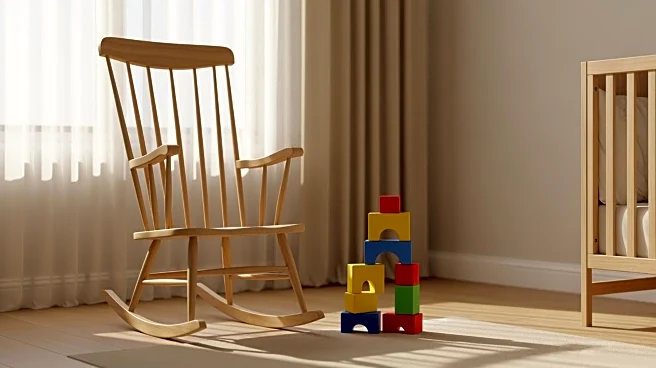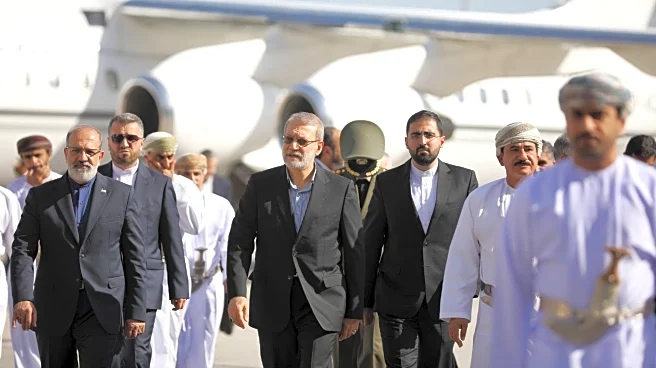What's Happening?
Governor Spencer Cox of Utah and Ian Marcus Corbin, a senior fellow at Harvard, have highlighted a growing moral and spiritual crisis in America. They argue that the nation is experiencing a 'crisis of meaning and purpose,' exacerbated by consumerism
and the addiction economy. This crisis is reflected in high rates of loneliness, depression, and addiction, particularly among young people. The authors suggest that the public sphere has become amoral, focusing on consumption rather than meaningful engagement. They call for a reimagining of public life to include moral reasoning and debate on societal well-being.
Why It's Important?
The issues raised by Cox and Corbin have significant implications for American society and its future. The addiction economy, driven by consumerism and social media, is seen as undermining the republic by fostering dissatisfaction and dependency. This environment contributes to political polarization and social fragmentation. Addressing these issues could lead to a more cohesive society with shared values and goals. The call for moral reasoning in public life challenges the current separation of moral discourse from public institutions, suggesting a shift towards integrating ethical considerations into governance and education.
What's Next?
Utah is taking steps to address these concerns by implementing regulations on social media to protect children and launching initiatives to integrate moral reasoning into education. These efforts could serve as a model for other states. The broader national conversation may shift towards incorporating discussions of meaning and purpose into public policy and education. This could lead to legislative changes and new educational programs aimed at fostering civic responsibility and critical thinking.
Beyond the Headlines
The push for moral reasoning in public life raises questions about the role of government and institutions in shaping societal values. It challenges the notion that moral and spiritual matters should remain private, suggesting that public discourse should engage with these fundamental questions. This shift could lead to a reevaluation of the relationship between individual freedoms and collective responsibilities, potentially influencing future policy decisions and cultural norms.

















